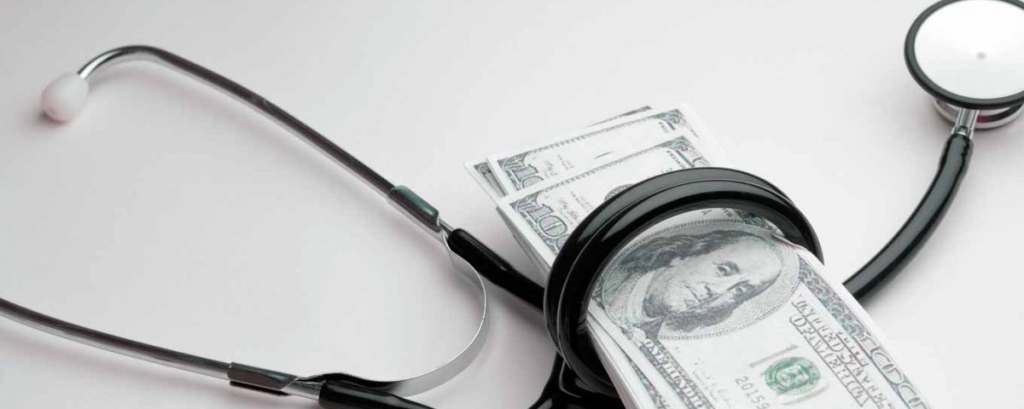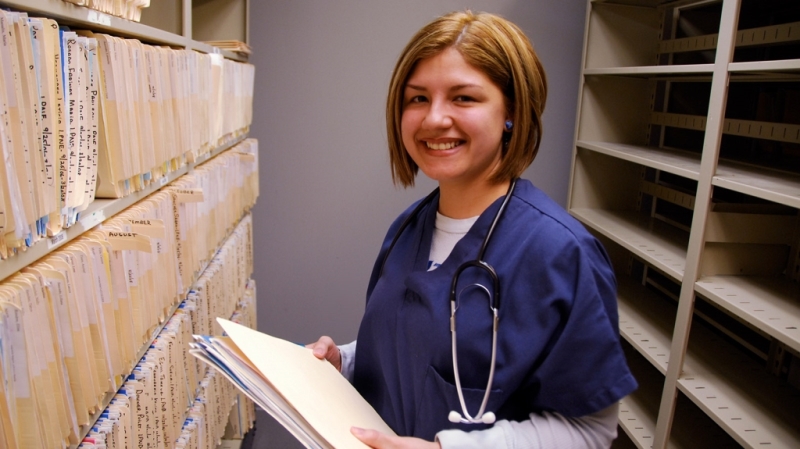Medical Billing Clerk Job Description: Key Skills, responsibilities, & Career Outlook
If you’re interested in pursuing a rewarding career in healthcare administration, becoming a Medical Billing clerk offers a promising path. This vital role ensures that healthcare providers receive proper compensation for their services by managing billing processes efficiently. Whether you’re just starting out or looking to advance your career in healthcare, understanding the essentials of the medical billing clerk job description can help you take the right next steps.
Introduction
The healthcare industry relies heavily on accurate and timely billing to sustain operations and improve patient care. Medical Billing Clerks serve as the backbone of this financial process, translating medical services into billing statements, submitting claims to insurance companies, and following up on payments. Their work blends attention to detail, administrative skills, and a solid understanding of healthcare billing procedures.
What Does a Medical Billing Clerk Do? Key Responsibilities
The core responsibilities of a medical billing clerk involve a variety of administrative and financial tasks.Here’s a detailed overview of their typical duties:
Main Responsibilities of a Medical Billing Clerk
- Reviewing medical records: Ensuring all diagnoses, procedures, and patient information are accurate.
- Creating and submitting insurance claims: Using coding systems (ICD-10, CPT) to prepare claims for insurance companies.
- Verifying insurance coverage: Confirming patient insurance details prior to billing.
- Following up on unpaid claims: Contacting insurance companies to expedite claim processing.
- Handling patient billing inquiries: Addressing questions and resolving billing discrepancies.
- Managing accounts receivable: Tracking outstanding payments and reconciling accounts.
- Maintaining billing software: Updating patient and billing information regularly in specialized software tools.
- Ensuring compliance: Following healthcare regulations and policies related to billing and privacy.
Key Skills Required for a Medical Billing Clerk
To excel in this role, a medical billing clerk must possess a combination of technical skills, attention to detail, and interpersonal abilities. Below are some essential skills:
| Skill | Description |
|---|---|
| Knowledge of Medical Coding | Understanding ICD-10, CPT, and HCPCS coding systems for accurate claim submissions. |
| Attention to Detail | Ensuring all billing data and documentation are precise to avoid costly errors. |
| Familiarity with Billing software | Proficiency in tools like Medisoft, Kareo, or AdvancedMD for efficient billing processes. |
| Interaction Skills | Effectively communicating with insurance companies, patients, and healthcare providers. |
| Analytical Skills | Analyzing billing data and resolving discrepancies promptly. |
| Knowledge of Healthcare Regulations | Understanding HIPAA,Medicare,Medicaid policies,and compliance standards. |
Career Outlook for Medical Billing Clerks
The demand for skilled medical billing clerks is expected to grow steadily over the coming years. as healthcare facilities expand and insurance processes become more complex,the need for qualified billing professionals increases. According to the U.S.Bureau of Labor Statistics,employment of medical records and health information technicians,including billing clerks,is projected to grow by 8% from 2020 to 2030,faster than the average for all occupations.
Several factors contribute to the promising career outlook, such as:
- Growing healthcare industry and rising patient numbers
- Increasing complexity of billing and coding standards
- Technological advancements in billing systems
- Greater emphasis on revenue cycle management
Benefits of Working as a Medical Billing Clerk
Becoming a medical billing clerk comes with numerous benefits, making it an attractive career choice:
- Stable employment prospects: High demand in various healthcare settings.
- Competitive salary: Median annual wage around $45,000, with higher earning potential with experience or certifications.
- Flexible work environments: Opportunities in hospitals, clinics, billing companies, or even remote roles.
- Career advancement: potential to move into supervisory roles, billing management, or healthcare administration.
- Impact on patient care: Supporting the financial health of healthcare organizations ensures better services for patients.
Practical Tips for Aspiring Medical Billing Clerks
If you’re interested in entering this field, here are some practical tips:
- Obtain relevant education: Focus on healthcare administration, medical office procedures, or medical billing courses.
- Gain certification: Certifications such as Certified Medical Reimbursement Specialists (CMRS) or certified Professional Biller (CPB) can boost your credibility.
- Develop technical skills: Learn popular billing software and stay current with coding updates.
- Acquire hands-on experience: Seek internships or entry-level positions to build real-world skills.
- Stay updated on industry changes: Regularly review healthcare regulations and coding standards.
Case Study: Success Story of a Medical Billing Clerk
| Name | Background | Journey | Outcome |
|---|---|---|---|
| Jane Doe | Started as an administrative assistant with an interest in healthcare finance. | Obtained billing certification, learned coding, and gained experience in a busy clinic. | Promoted to senior billing specialist, now manages the billing team and mentors newcomers. |
Conclusion
The role of a medical billing clerk is both crucial and rewarding in the healthcare system.With the right skills, dedication, and continual learning, you can build a stable and fulfilling career in healthcare administration. As the demand for proficient billing professionals continues to grow, now is an ideal time to explore this job opportunity. Embrace the journey by acquiring relevant education, certifications, and practical experience – and you’ll be well on your way to a successful career as a medical billing clerk!



